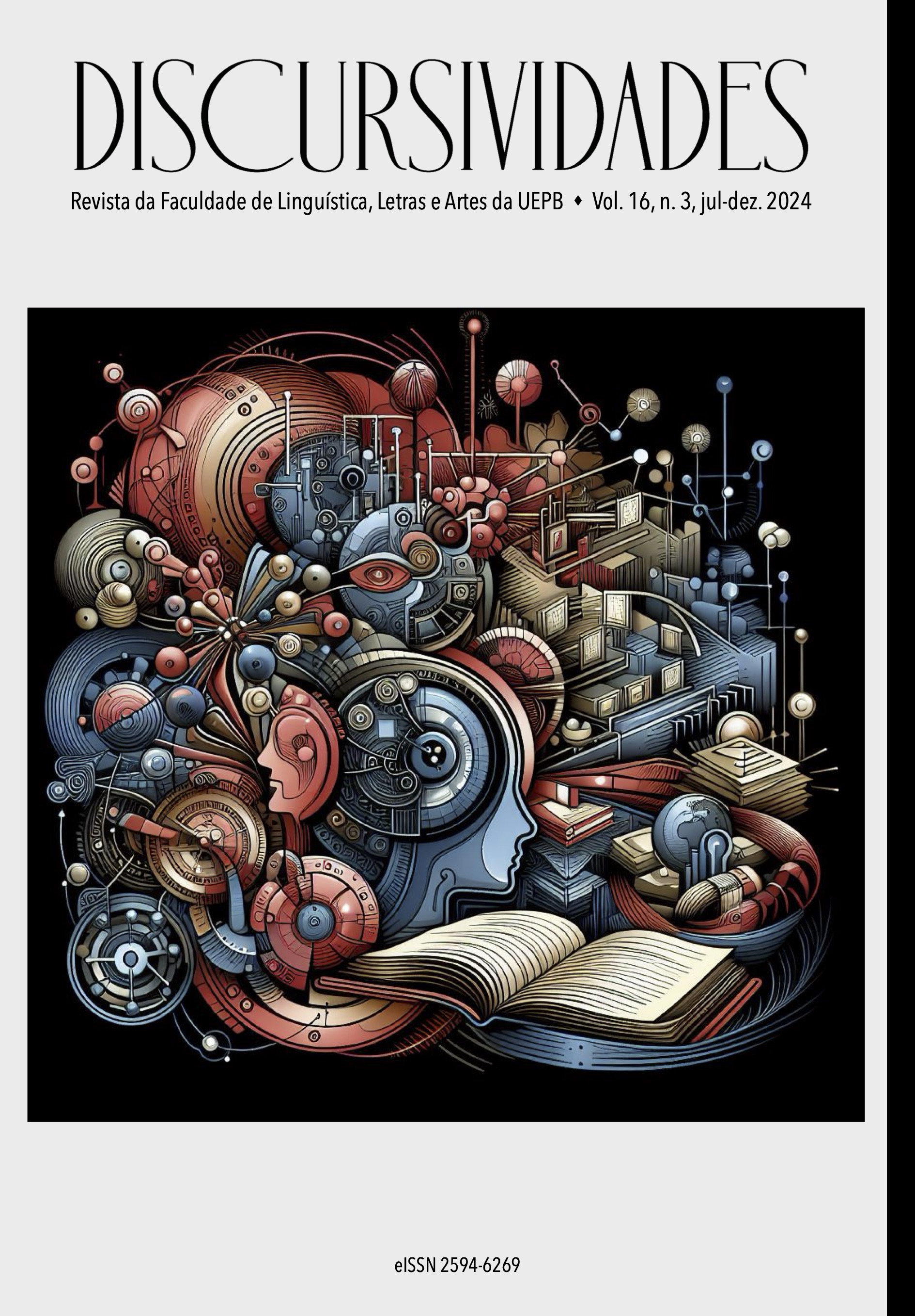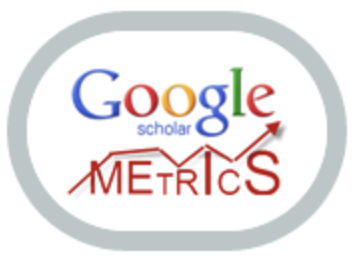Portuguese The female condition in different contexts: a dual analysis between the characters Eleonora and Corina in the book Parque Industrial
Keywords:
Parque Industrial, Modernism, IntersectionalityAbstract
Through the ideas composed by Modernism about “engaged” literature and women's rights referring to the 20s and 30s, based on feminist waves, this article aims to analyze and try to understand the representative discrepancies between the bourgeois woman who ascends socially and the exploited proletarian woman. Furthermore, it is worth highlighting that they are immersed in a work of a revolutionary nature, which has at its heart not only the diverse female protagonism, but also the fierce portrait of a bourgeois society. In this way, using a qualitative research approach of an exploratory type and using bibliographical research as a design, the corpus Parque Industrial (1933), by Patrícia Rehder Galvão, was analyzed using the theoretical assumptions of Duarte (2016), Moisés (2019) and Zolin (2007). It is clear, therefore, the dichotomy presented in relation to the intersectional feminine condition present in the experiences of the characters Corina and Eleonora.
References
CANDIDO, A. et al. A Personagem de Ficção. 2ª ed. São Paulo: Perspectiva, 1998.
COSTA, T. O.; ARAÚJO, A. F. B. As diferentes construções das personagens femininas de Parque Industrial e Em surdina e suas relações com a realidade. 2017. 22 f. Trabalho de Conclusão de Curso (Licenciatura em Letras Português) — Universidade de Brasília, Brasília, 2017.
DUARTE, Constância Lima. Feminismo e literatura no Brasil. Revista ESTUDOS AVANÇADOS 17 (49), 2003.
DUARTE, Constância Lima. A literatura de autoria feminina e os anos 30 no Brasil. Revista Araticum, v.14, n.2, 2016.
FERRAZ, G. G. Parque Industrial. Prefácio. In: GALVÃO, P. (PAGU). Parque Industrial. 3ª ed. São Paulo:EDUFSCar, 1994.
FERREIRA, Ingrid Gomes. As reformas urbanas na cidade do Rio de Janeiro no início do século XX e XXI: o porto em questão. In: 2 Encontro Internacional História & Parcerias e 6 Seminário Fluminense de Pós-Graduandos em História, 2019, Rio de Janeiro. Caderno de Resumos do 2 Encontro Internacional História & Parcerias, 2019. v. 1. p. 72-72.
GALVÃO, P. (PAGU). Parque Industrial. 3ª ed. São Paulo:EDUFSCar, 1994.
HIME, G. V. V. C. Os desencontros entre A Mulher do Povo e as mulheres do povo – a atuação jornalística de Pagu no jornal O Homem do Povo. Revista Alterjor, São Paulo, v. 02, n.16, 2017.
JACOBI, C. et al. PAGU: A Ativista Comunista (1910-1962). In: Pensamento Social Brasileiro e ADM. Disponível em: https://admbrasileira.wordpress.com/2016/04/25/pagu-a-ativista-comunista-1910-1962/. Acesso em: 08 jun 2023.
MOISÉS, Massaud. História da Literatura Brasileira - Vol. II: do Realismo a Belle Époque. 3 ed. Editora Pensamento Cultrix, 2016.
MOISÉS, Massaud. História da Literatura Brasileira - Vol. III: Desvairismo e Tendências Contemporâneas. 3 ed. Editora Pensamento Cultrix, 2019.
MORITZ, Ana Paula. Literatura e interseccionalidade: "a resposta", de Kathryn Stockett, e os lugares de fala subalternos. Revista Diversidade e desigualdade, n18. 2020 (55-69).,
SOIHET, R. Mulheres pobres e violência no Brasil urbano. In: PRIORE, M. D. (org) História das mulheres no Brasil. 7 ed. São Paulo: Contexto, 2004.
TELES. Gilberto Mendonça. Vanguarda europeia e modernismo brasileiro: apresentação e crítica dos principais movimentos vanguardistas. 19 ed. Editora Vozes, 2009. (105-114).
VEIGA, Cristiane Fernandes Lopes. Divórcio e Desquite na Cidade de Campinas (1890-1938). RESGATE - vol. XXIII, N.29 - 2015. (49-60)
ZOLIN, Lúcia Osana. Crítica feminista. In: BONNICI, Thomas.Teoria e crítica literária feminista - conceitos e tendências. Editora EDUEM, 1ed. 2007. (181- 203)
Downloads
Published
How to Cite
License
Copyright (c) 2024 Silvanna Kelly Gomes de Oliveira; Giny Karoline Dantas dos Santos; Vanessa Barbosa do Nascimento

This work is licensed under a Creative Commons Attribution 4.0 International License.
Authors who publish in this journal agree to the following terms:
a) Authors retain copyright and grant the journal the right of first publication. The articles are simultaneously licensed under the Creative Commons Attribution 4.0 International Public License (CC BY 4.0) which allows the sharing of the work with acknowledgment of its authorship and initial publication in this journal.
b) Discursividades journal offers immediate free access to its content, following the principle that making scientific knowledge available to the public free of charge provides greater global democratization of knowledge.






